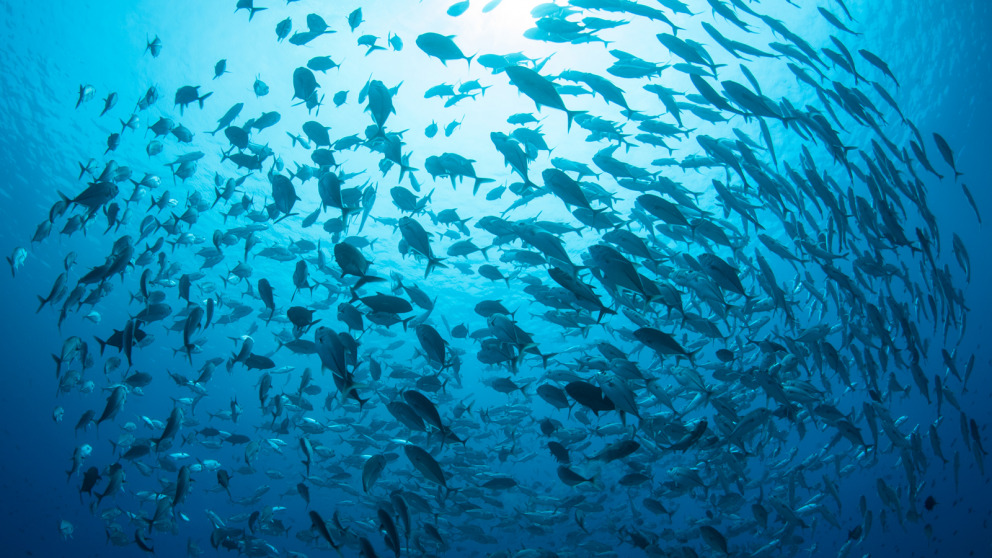Accelerating the Uptake of Ecosystem-Based Management for Europe's Seas
Duration

Healthy, clean, and productive seas are vital to human well-being. Yet, intensification of human activities, both on land and at sea, is accelerating marine biodiversity loss within Europe and globally. Marine managers must ensure their decisions promote sustainable development in coastal and marine sectors, setting Europe on a course to reverse marine biodiversity decline.
Marine SABRES - transdisciplinary research for the restoration and protection of coastal and marine biodiversity and ecosystem services
Effective marine environmental management and biodiversity protection are fundamental to transitioning to a modern, resource-efficient and competitive low-carbon sustainable ocean economy. The coming decade will be critical in meeting these goals. Ecosystem-Based Management (EBM or the Ecosystem Approach) recognises that all economic and social systems occur within, and are completely dependent on, the ecological systems that contain and support them. However, marine social-ecological-systems are inherently complex to manage as they involve multiple human activities and interacting environmental pressures which combine to produce cumulative impacts on the marine environment. While the holistic approaches to marine environmental management mandated by EU policies such as the Marine Strategy Framework Directive (MSFD) resulted in increased efforts to monitor and manage multiple interacting stressors; in some cases, the overwhelming complexity of the system has distracted from effectively dealing with the most important combination of activities and pressures.
Marine SABRES (Marine Systems Approaches for Biodiversity Resilience and Ecosystem Sustainability) applies a multi-stakeholder approach to co-design, co-develop and co-produce a simple marine social-ecological system framework to improve decision-making and support marine managers to implement interventions and measures for the protection of coastal and marine areas. The project is coordinated by the University College Cork (UCC) with 21 partners across Europe, including RIFS in Potsdam, Germany.
Ocean governance and ecosystem-based management
RIFS will lead an assessment to develop recommendations for governance approaches to achieve sustainability and resilience within the project study areas and beyond. The recommendations will promote effective governance arrangements for EBM, including challenges and opportunities for cross-sectoral and transboundary cooperation. This project is part of the RIFS EU ocean governance cluster along with OceanNETs, CrossGov, SOS-ZEROPOL2030 and PermaGov.
Funding information
This project has received funding from the European Union's Horizon Europe research and innovation programme under grant agreement number 101058956.




